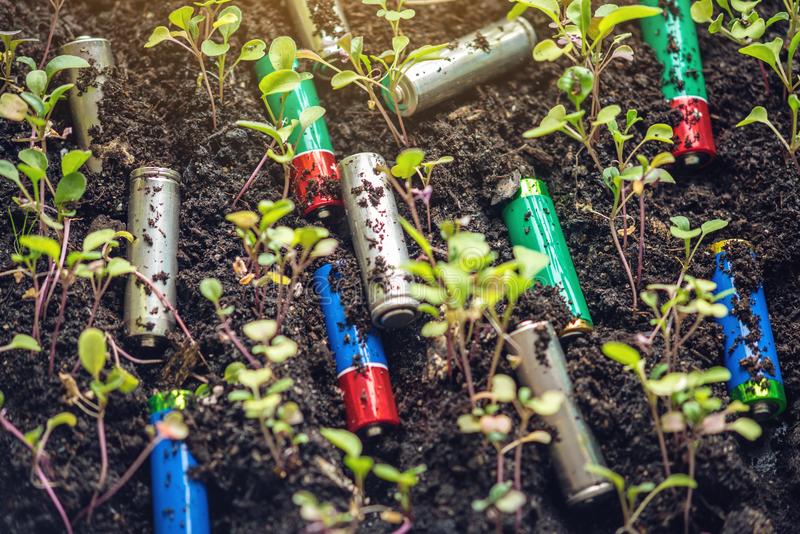



Article by: Hari Yellina
Repurposed batteries might potentially be used as strong fertilisers, combating one of Australia’s greatest polluters while also increasing recycling rates. ReNutrients, an eco-company based in Australia, is pioneering a new technology that will be available within next two years. According to Managing Director Brett Smuts, the effort has the opportunity to decrease battery pollution in Australia while also benefiting farmers and the environment. He claims that by seeping chemicals into soil and streams, a single battery in a landfill can damage 167,000 gallons of drinking water.
“We’re solving two problems with one solution,” Mr Smuts added, referring to the removal of garbage from landfills, which pollutes our waterways, and the reintroduction of micronutrient fertiliser into agriculture and the environment. He has always attempted to bring a cleantech solution to Australia, and he believes that Aussies are way behind places like Northern Europe when it comes to battery recycling. In fact, only about ten percent of Australian batteries are recycled, with 419 million portable batteries ending up in garbage each year. Because so many landfills are unlined, batteries leak toxins such as mercury, cadmium, lithium, and lead into the environment, causing chemical fires that can last for days.
“We’re trying to get this garbage out of the system because a lot of these landfills aren’t lined, and these toxins pour out,” Mr Smuts added. Queensland, he suggested, was the most likely destination for the new effort. The method works by neutralising toxins in used batteries and recovering zinc, manganese, and other minerals that can be used to manufacture potent fertiliser. Mr Smuts stated, “We can purify 90% of the batteries and turn it into a micronutrient product that can be used in organic farming.” “At the end of the day, our goal is to convert garbage into a product that our farmers can use.”
The environmentally friendly technique will be utilised in conjunction with the Battery Stewardship Council, which plans to start their new B-cycle battery recycling programme in early 2022. Libby Chaplin, CEO of the Battery Stewardship Council, claimed that Australians consume batteries at an alarming rate, despite the fact that there are only four significant battery recycling facilities in the country. Australians buy enough batteries to go 2.3 times around the world. This is expected to increase to 37 times by 2050. Moreover, waste batteries, particularly those found in small handheld gadgets, are one of the fastest growing waste streams on the planet.
Low recycling rates, she suggested, could be due to a lack of awareness about battery pollution as well as a lack of proper recycling facilities. Used batteries contain chemicals that can cause fires when mixed with home garbage, thus they should be disposed of at a local battery disposal facility. “In Australia, there have only been a few possibilities for battery recycling thus far. B-cycle aims to change that by incentivizing battery collecting, sorting, and recycling “Ms. Chaplin explained.